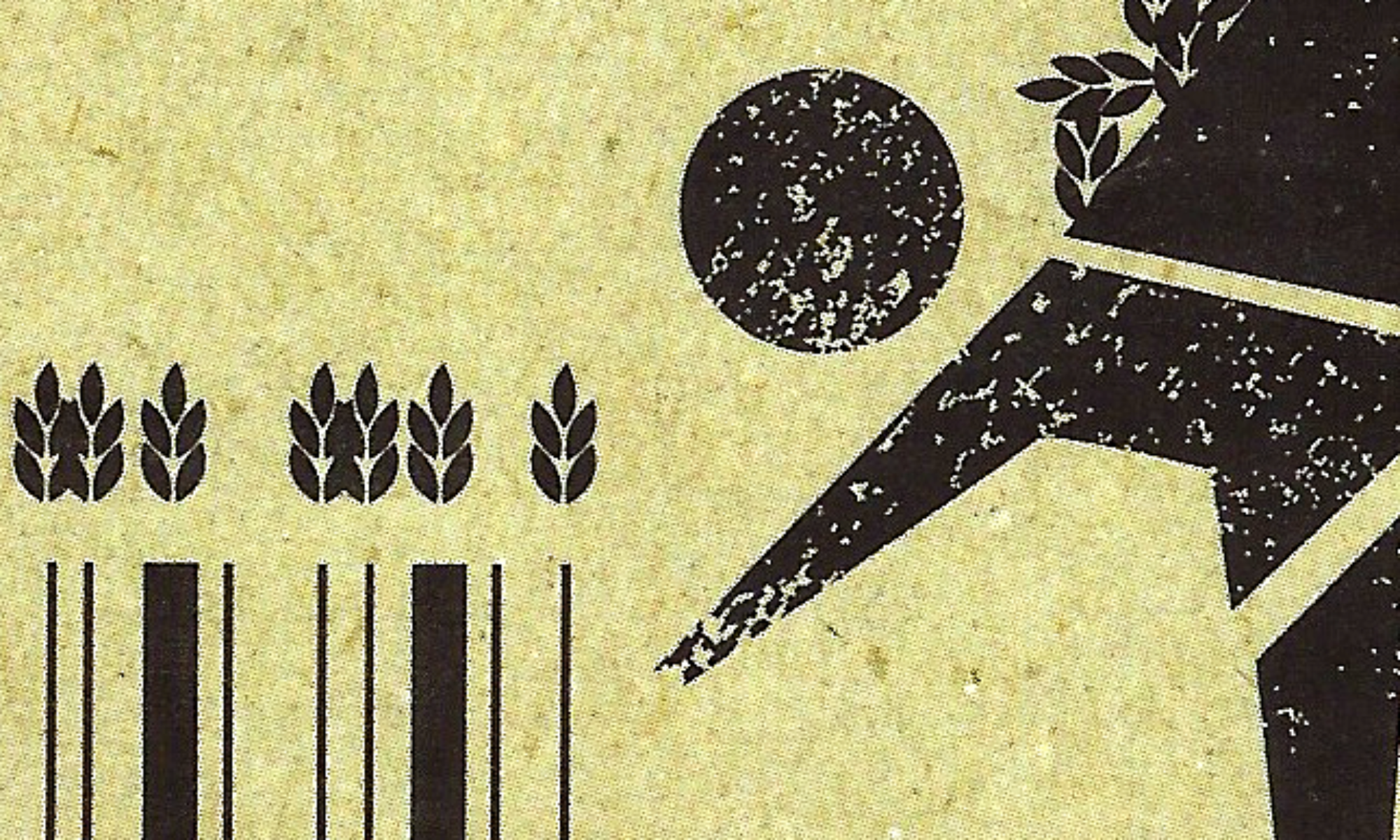Been doing a bit of gastronomic detective work of late. Some may know that Pythagoras had a thing about beans, forbidding those in his retinue, men and women, from ever going near them. But why? Colin Spencer in his wonderfully readable, highly speculative and often flat batty “Vegetarianism: A History” suggests:
There are a number of possible explanations for the Pythagorean abstention from bean-eating. It might partly be traced back to the Egyptian priests, as Herodotus observes .The authors of Food: The Gift of Osiris remark that the priests merely wished to avoid the impurity of their emanations. A priest’s dignity could suffer if he were to fart in the midst of holy ritual. But beans are not the only food to induce flatulence and these authors continue with a more symbolic explanation. The Egyptian word for bean, iwryt, is similar to the word iwr, meaning to conceive or to generate. This association for the Egyptian priests may have endowed the bean with a sacred aspect. Pythagoras also forbade them because, two theories suggest, beans were generated by the same putrefactive material that generates human beings or, according to Pliny, because he thought that the souls of the dead dwell in them. I would also suggest that fava beans, squinted at sideways, bear a resemblance to female pudenda; added to the similarity between the Egyptian words described above, this might have been seen as another indication that beans were indeed sacred and somehow fused with the act of creation. Pythagoras, according to Plutarch, called eggs ‘beans’, making a pun on the word for conception. Porphyry tells us that Pythagoras buried some beans in mud in a pot, and when he dug them up ninety days later they had taken the shape of a woman’s vagina. (Perhaps, as well, this is why throughout history, until very recently, beans have been thought to incite lustful thoughts.) A more prosaic explanation is that the bean was sued as a voting token in elections; thus abstention from the eating of beans meant ‘abstain from politics’. And another is that foods which can at times be toxic become taboo. Favism is a hereditary disorder which involves an allergic reaction to the broad bean. Sufferers can develop a blood disorder (haemolytic anaemia) by eating the beans or even walking through a field of them when they are in flower. The disease can affect people living around the Mediterranean shores. Finally, the smell of foods was of great significance in the preparation and cooking for aromas made their way to the gods – and beans were held to smell of dung.
Discreet enquiries at a Buddhist retreat this weekend, where they also choose not to serve beans, corroborates the simple explanation. Priests tend not to want to fart during long hours of silent meditation – gives people the giggles, apparently.

Wow thats interesting i was looking this up for a class question and it really helped so thanks alot 🙂